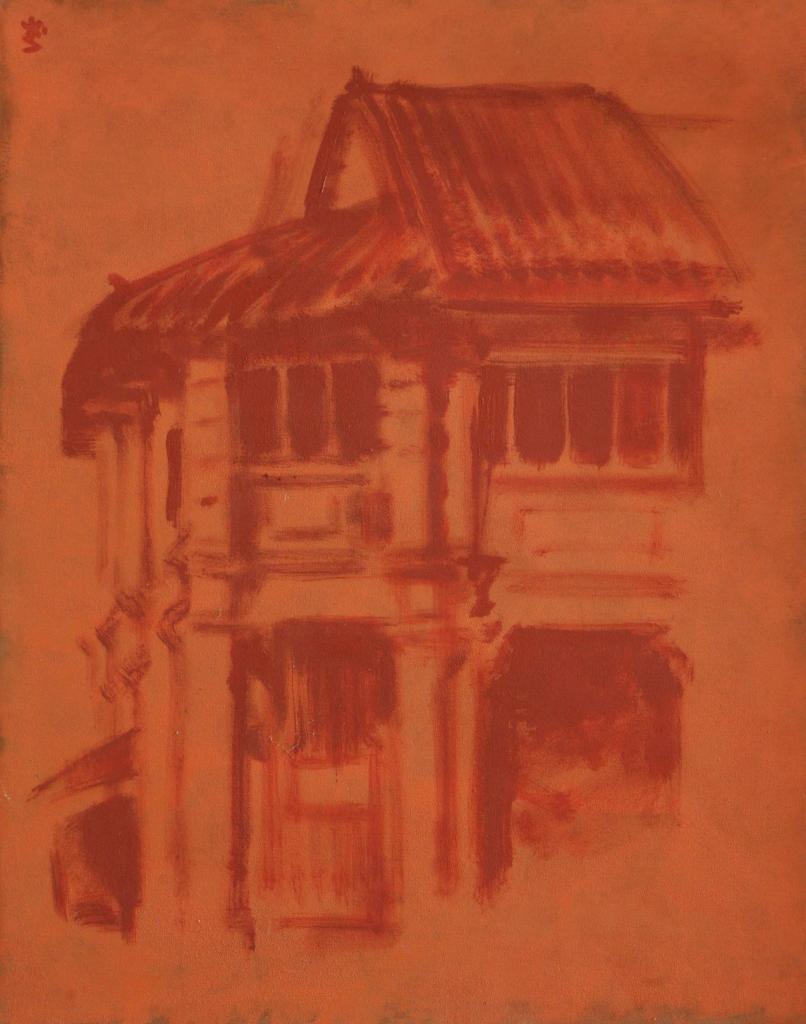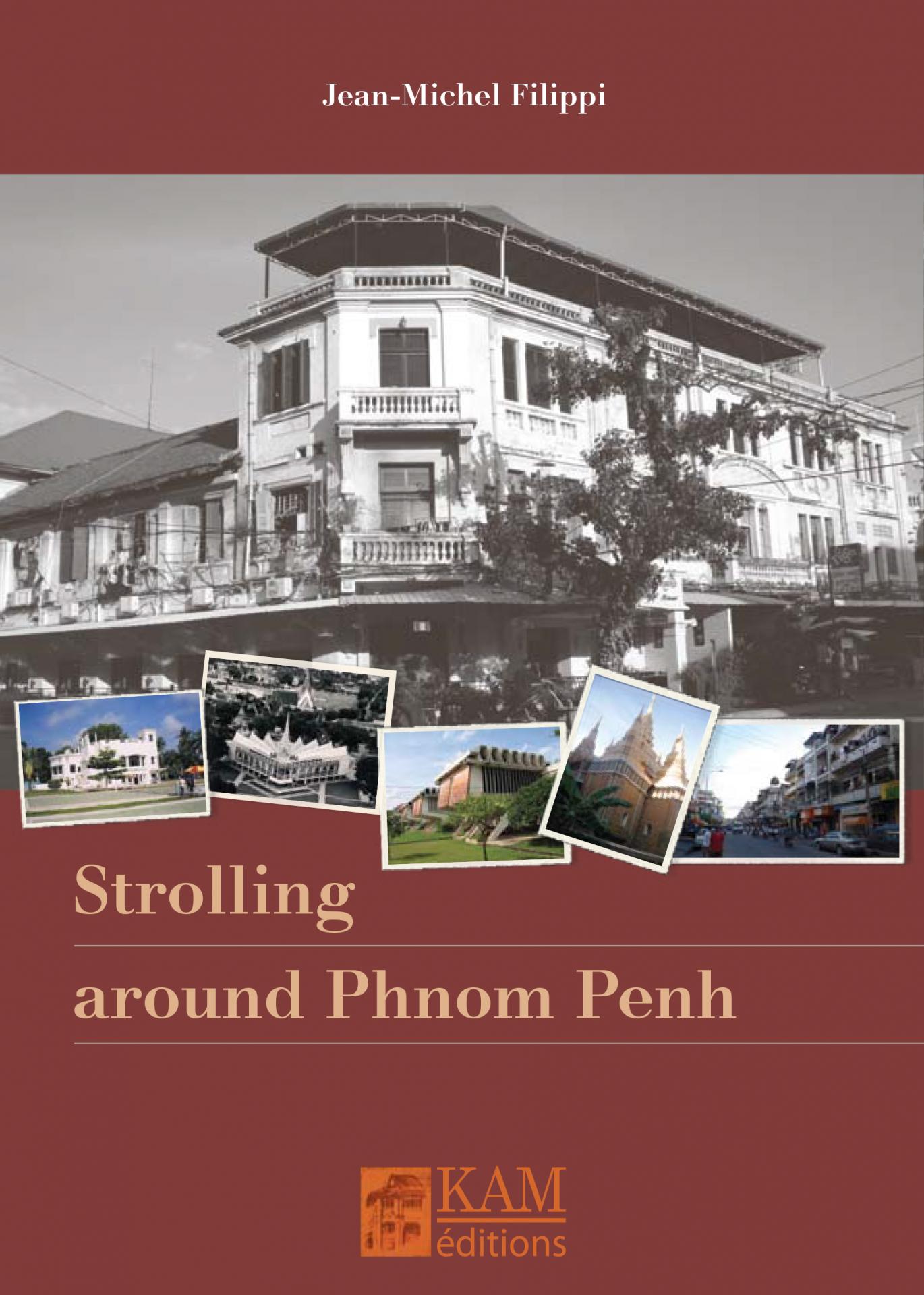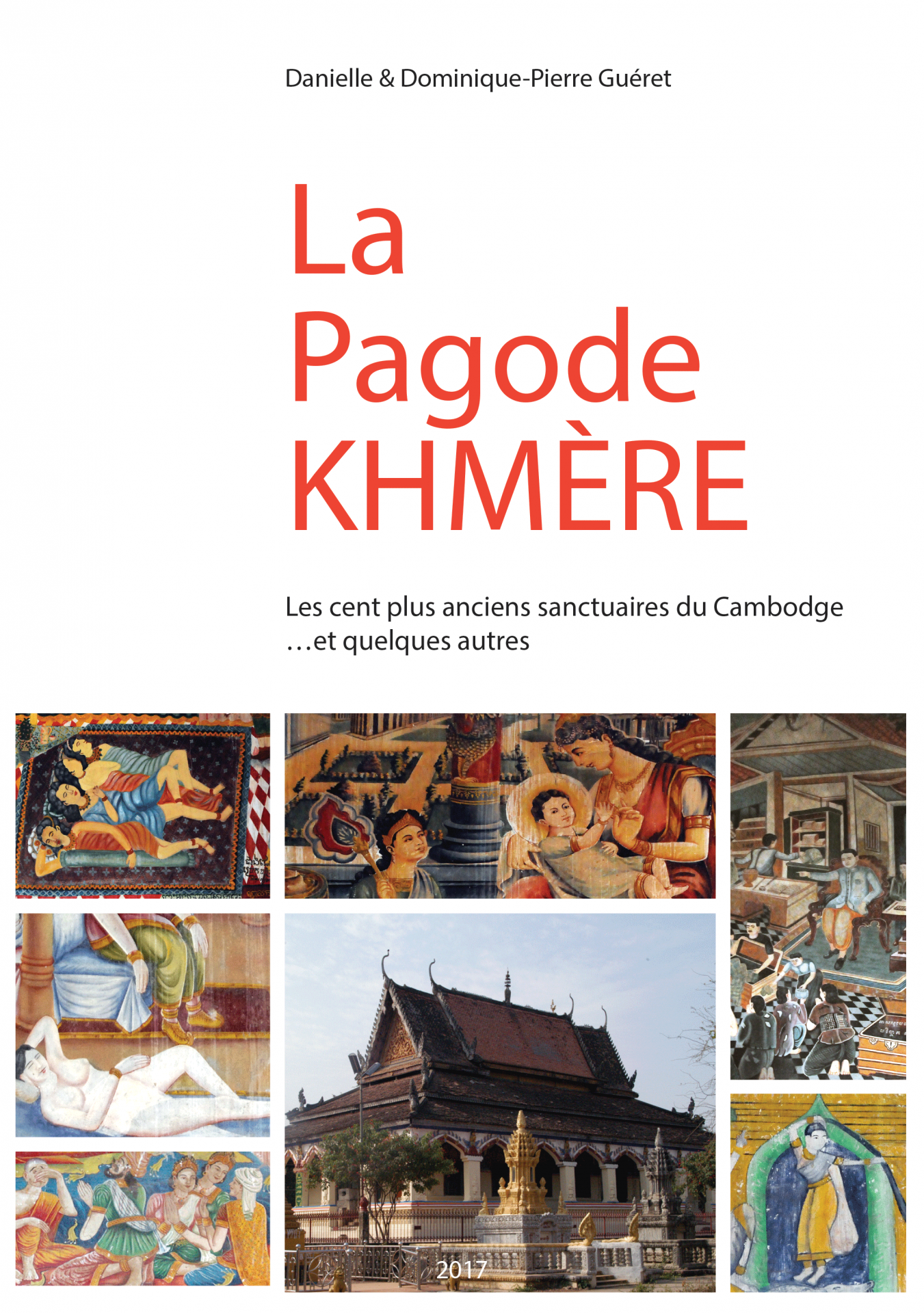Lectures about South East Asia

10 online lectures towards a better understanding
Few countries made so many headlines in the second half of the 20th century and not necessarily only for good reasons: coup d’état, civil war, Khmer Rouge regime, flocks of refugees, the UNTAC operation…
The American journalist Joel Brinkley entitled his book "Cambodia's Curse, the Modern History of a Troubled Land" (2011) on the basis of a very pessimistic play on words (curse/course). Marie Alexandrine Martin (1989) did not hesitate either to title her book "The Cambodian Evil: History of a Traditional Society Facing its Political Leaders, 1946 - 1987". More recently still, Dominique Lutken-Rose has had the kindness to warn us of the imminence of new dangers: “Cambodia: Towards New Tragedies”… The list would be long and concerns not only foreign authors. The Cambodian novelist Kong Bunchoeun (2002) is not to be outdone by entitling his work “The Khmer Evil”.
The eternal mention of the "land of smiles" is always present and, just like in the colonial tradition, it is a duty to evoke Angkor and the grandeur of the Khmer civilization in order to oppose an idyllic past to the decadence of the present.
As always, what seems to be well-known in fact holds many surprises and often heartbreaking revisions.
Starting from the idea that Cambodia is not as well-known as we think and that the knowledge we have of it is, too often, artificial, we have designed 10 conferences on the following subjects:
- Beyond the Ganges. This will examine the concepts of what is called Hinduization or Indianization of the Southeast Asian peninsula at the beginning of the Christian era. This would seem very distant if this Indianization were not at the heart of the controversies over Khmer identity.
- 1,000 years of art and politics in Cambodia (5th – 15th century). A history of Khmer art that contradicts the myth of the Khmer empire’s unity.
- An unusual square. Adjacent to the central post office of Phnom Penh, this architectural ensemble offers the opportunity to analyze the cultural, economic and political "shock" between the Kingdom of Cambodia at that time and the desire for “reforms” of the French protectorate (1863 - 1953).
- Norodom Sihanouk, an unusual reign. Author, poet, composer, filmmaker, devious politician… and king. An analysis of the Sihanouk years (1955 - 1970) is all the more necessary as this era is now mythologized in the collective imagination.
- The Khmer Republic and Democratic Kampuchea. Two seemingly opposite political regimes. How and why did Cambodia fall into tragedy? A very abundant literature isolates the Khmer Rouge regime from the flow of Cambodian history; such a vision is only possible at the cost of excessive simplification.
- From Democratic Kampuchea to UNTAC. The bloody failure and fall of Democratic Kampuchea followed by the reconstruction of the country before the organization of the 1993 elections.
- Present-day history (1993 - 2021). Is this a new era whose interpretation would require new concepts?
- Khmer religion. A religion which in fact is very little known and of which “Hinayana Buddhism” is only a part.
- The Chinese in Southeast Asia and Cambodia, history and present. Is the Chinese presence in the region a novelty? What do we need in order to analyze it?
- What’s the future? A conclusion which will make it possible to integrate the various themes previously analyzed and to propose a reading which combines Cambodia’s past and present.
Strictly speaking, it is not the history of the country that the themes above are aimed at. From the sections on the distant past as well as periods much closer to us, it will aim at analyzing current events by placing them in a much longer period.
These online lectures will take place every Saturday at 7.00 p.m. (Cambodian time) and will start on Saturday, May 21, 2022.
These are online conferences, and participants will receive a ZOOM link which will allow them to access the conference.
Lasting approximately 2 hours, each session will include a lecture and questions.
The fee for all 10 conferences is $50 or 50 Euros.
Contact : Jean-Michel Filippi
Dr Jean-Michel Filippi is a professor of Khmer linguistics in The Royal University of Phnom Penh. He is the author of several books and articles about Cambodia and Southeast Asia.


